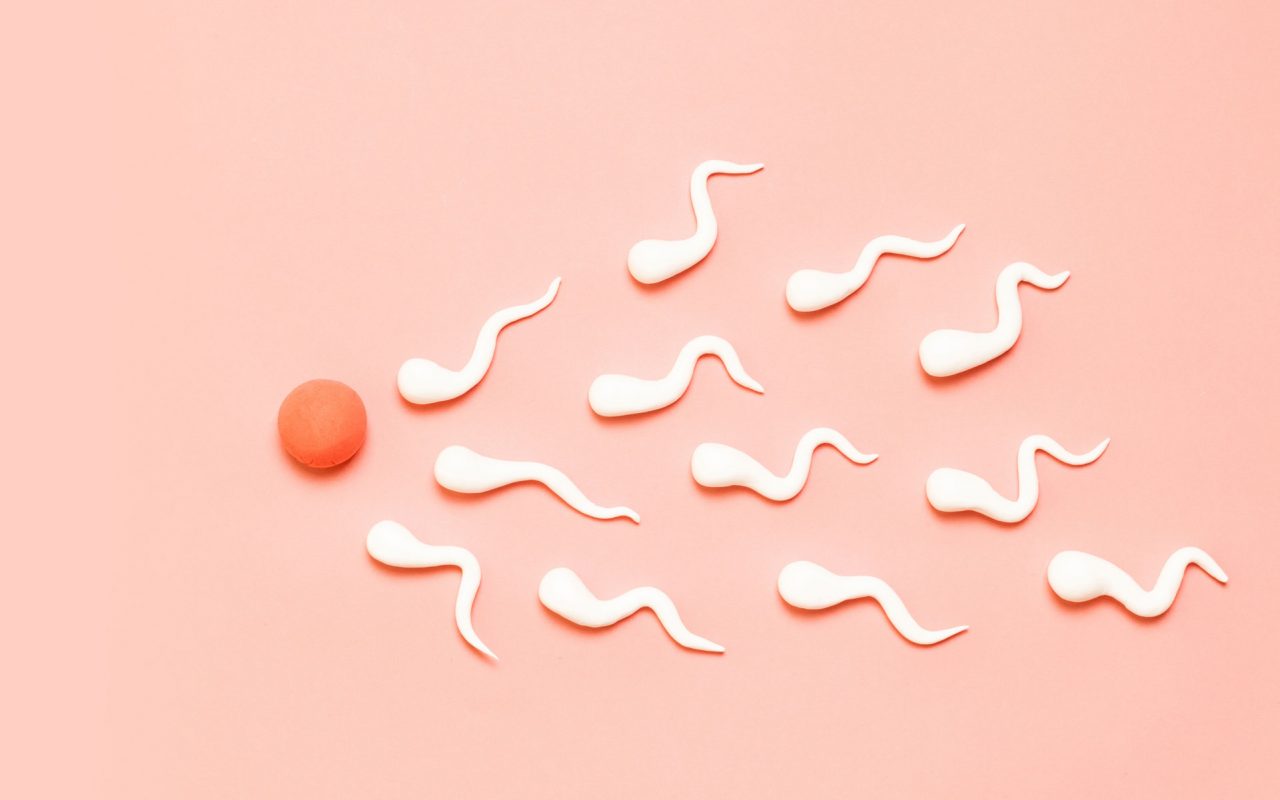
The Egg Whisperer - Busts Fertility Myths
Bust the Myths
Myth: If you had one baby the next one will be easy.
Reality: Freezing your eggs or embryos if you know you’d like to have a family someday is a great way to be proactive; one successful pregnancy doesn’t guarantee ease in the future.
Dr. Aimee says: Get your eggs checked out by the time you hit your mid-20s...there’s nothing magical about age 35; egg loss takes years and knowledge is power!
Myth: If you see a fertility doctor it means you need to do treatments such as IVF/IUI (or you need a referral to see a fertility doc).
Reality: See a fertility specialist before you start to experience challenges and ask for help prepping for pregnancy; there are many things you can do before undergoing fertility treatment.
Dr. Aimee says: If you have a family history of fertility problems (endometriosis, heavy periods, PCOS, etc.), get checked in your early 20s.
Myth: Hormonal birth control affects fertility.
Reality: Hormonal contraception doesn’t affect fertility (and can actually have health benefits beyond pregnancy prevention), BUT it can mask underlying fertility issues by giving you regular periods and making you think you are fertile.
Dr. Aimee says: if you’re on birth control, get your egg levels checked every 1-2 years...test, don’t guess!
Get Busy ( Learning 😉 )
Did we mention knowledge is power? You probably know you can increase chances of conception by using ovulation predictor kits and having more sex, but you can also increase your odds by educating yourself and being proactive about your health (same goes for your partner).
- Don’t rely on non-evidence-based sources for your fertility knowledge (*ahem* tabloids *ahem*)
- Understand possible obstacles (irregular periods, advanced age, abnormal physiology like a missing or blocked fallopian tube, etc.)
- Bring sexy back...pleasurable, low-stress sex is really important for baby-making! Have fun, get it on often, and aim for orgasms
- Prioritize health; supplements like CoQ10 can improve egg quality and a healthy BMI can make for a more receptive uterine lining and decreased likelihood of complications

































